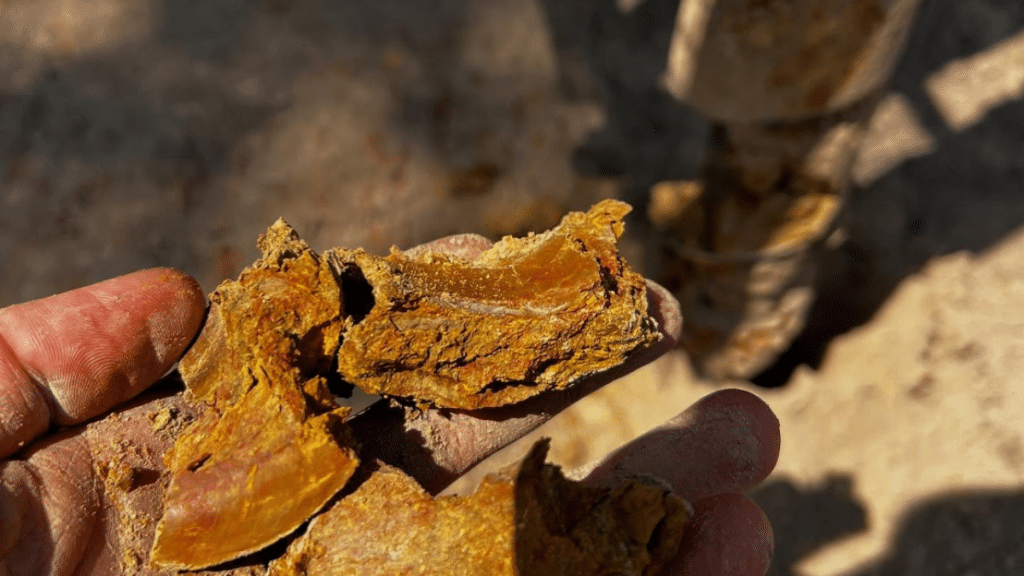The Importance of Soil Testing in Melbourne’s Diverse Landscapes
When it comes to construction and development, few elements are as crucial—and as easily overlooked—as the soil beneath a site. Melbourne, known for its eclectic mix of modern infrastructure and historic buildings, also happens to sit on a patchwork of complex geological zones. This variation means that soil testing Melbourne services are not just a technical formality, but a vital step in ensuring the long-term success and safety of any construction project.
From the basalt plains of the west to the sandy soils of the southeast, Melbourne’s landscape demands a nuanced understanding of the ground conditions before builders can confidently move forward with design and construction.
Understanding Melbourne’s Diverse Soil Types
Melbourne’s geological makeup is notably varied. The region is shaped by ancient volcanic activity, sedimentary deposits, and marine incursions, resulting in a range of soil types that can drastically differ even between neighbouring suburbs. Common soil profiles in the region include:
- Reactive clay soils (particularly in the northern and western suburbs)
- Silty and sandy soils (more common in bayside and southeastern suburbs)
- Basalt and rocky formations (often found in elevated areas and parts of the north-west)
- Alluvial soils along waterways and floodplains
These soil types each bring their own set of challenges. For example, reactive clays expand and contract with moisture changes, which can cause significant movement and lead to structural cracking in poorly designed buildings. Sandy soils, while easier to work with, may lack the strength required to support heavy structures without reinforcement.
Why Soil Testing Matters
Soil testing provides essential data that informs everything from the type of foundation required to drainage planning and environmental compliance. Without accurate testing, builders risk basing key decisions on guesswork—something that can cost thousands to rectify if things go wrong later on.
Some of the specific insights soil testing offers include:
- Soil classification to understand load-bearing capacity
- Moisture content and seasonal variability
- Soil reactivity and potential for ground movement
- Presence of contaminants or corrosive materials
- Compaction levels and drainage characteristics
Armed with this information, engineers and builders can design safe, efficient structures tailored to the specific conditions of a site.
Construction Challenges Across Melbourne’s Landscape
Let’s take a closer look at some of the key challenges posed by different soil conditions in Melbourne:
- Western Suburbs (e.g. Werribee, Sunshine): High clay content leads to significant expansion and contraction. Homes in these areas often face foundation issues if soil reactivity isn’t properly managed.
- South-East (e.g. Frankston, Dandenong): Sandy soils drain quickly but can cause subsidence if not compacted correctly. These sites often require soil stabilisation or deeper footings.
- Eastern Suburbs (e.g. Doncaster, Ringwood): Undulating terrain and a mix of clay and rock can complicate earthworks, drainage, and footing design.
- Inner City (e.g. Richmond, Fitzroy): Older sites often have fill material or remnants of previous developments, raising the need for contamination checks or remediation.
Each of these areas highlights the importance of a location-specific approach to soil testing, tailored to the known risks of the region.
Real-World Consequences of Inadequate Soil Testing
There are many examples, both large and small, where inadequate soil assessment has led to major consequences:
- Foundation failure: Shifting soils have caused cracking and sloping in new builds across Melbourne’s north and west, particularly where reactive clays were underestimated.
- Drainage issues: Poor soil analysis has led to sites becoming waterlogged during wet seasons, with some developments requiring costly retrofitted drainage systems.
- Delays and compliance breaches: Builders who fail to account for contamination or geotechnical instability often find themselves facing council delays or rework orders.
These scenarios reinforce the value of doing things right from the outset, starting with a comprehensive soil test.
How Soil Testing Helps Builders Make Better Decisions
Once testing is complete, results are typically compiled into a geotechnical report. This document provides practical recommendations for footing design, slab type, drainage considerations, and any site preparation or remediation required.
The outcomes of such reports often determine:
- Whether deep or shallow foundations are appropriate
- If retaining walls or soil stabilisation measures are needed
- What kind of waterproofing or drainage solutions will be effective
- How to manage fill material or imported soils
With these details in hand, construction teams can work more efficiently and reduce the risk of unexpected problems arising during or after the build.
The Value of Professional Soil Testing Services
Soil testing isn’t a one-size-fits-all process. It requires knowledge of local geological conditions, adherence to Australian Standards (such as AS 2870 for residential slabs and footings), and careful analysis by trained professionals.
Independent testing providers typically conduct field investigations (such as borehole drilling or test pits), collect samples, and run laboratory assessments. Their findings help developers, architects, engineers, and builders plan with confidence, especially in geologically diverse regions like Melbourne.
Final Thoughts
In a city as varied as Melbourne, building without thorough soil testing is a gamble that few developers can afford to take. From structural integrity to regulatory compliance and long-term performance, understanding the ground you’re building on is a foundational element of success.
Whether you’re breaking ground on a new home, commercial property, or infrastructure project, investing in the right testing early on can save time, money, and headaches in the future. And in Melbourne’s unique and unpredictable soil landscape, that peace of mind is priceless.


